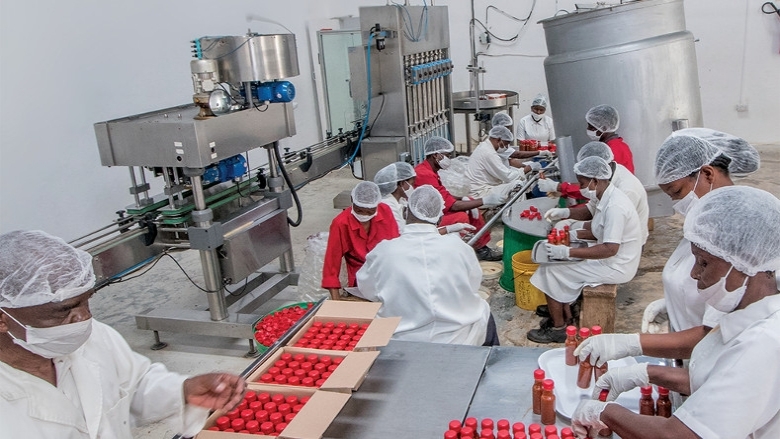LILONGWE, June 25, 2019: Coming out of general elections held in May 2019, Malawi’s new administration has a selection of priority policy areas which, if implemented, could help the country chart a new course to prosperity, according to the World Bank’s economic analysis.
Charting a New Course, the ninth edition of the Malawi Economic Monitor (MEM), notes that with one in two people in Malawi still poor, strong and decisive leadership is needed for these policies to make a difference. These policy areas – building strong economic and institutional foundations, unlocking the potential of the private sector, building human capital and investing in resilience – have been informed by several World Bank studies leading up to the elections.
“Malawi has a strong suite of policies that provide the framework for a successful economy. The challenge is implementing them,” said Greg Toulmin, Country Manager for Malawi. “Despite its immense problems, Malawi can join the group of countries that have transformed their economies through strong political commitment, the right investments, focus and policy coordination.”
Economic growth and development are not out of reach for Malawi with focus on the following four areas laid out in the MEM for the newly-elected government to consider:
- Building strong economic and institutional foundations: This will ensure macroeconomic stability and effective public service delivery which are critical for growth, and growth is a necessary condition for poverty reduction. This highlights the need for strong leadership to unleash the potential of the public service and strengthen service delivery.
- Unlocking the potential of the private sector to create productive jobs and increase incomes, while ensuring food security: From independence, Malawi has relied on the agriculture sector to drive its economy. But past agricultural investments have not led to a vibrant economy or made Malawi more competitive, nor have they propelled it on to a path of higher economic development as seen in other countries in the region, countries that also faced the same external shocks.
Malawi still needs to find the right way to unlock structural transformation, which will include higher levels of value addition, export diversification, increasing productive employment, and improving access and quality of energy and water.
“A more diversified economy would be less susceptible to shocks. creating a virtuous cycle to support a more stable fiscal policy, and higher investment, to enable continued growth,” said Priscilla Kandoole, lead author of the MEM.
- Building human capital: For Malawi, especially, a fundamental goal must be to further reduce fertility rates, especially amongst adolescent girls. Instead of staying in school and improving their potential, high fertility keeps these young women – and consequently the country - in a cycle of poverty. Reducing fertility would also relieve the pressure on government services such as health and education, while also reducing pressure on limited agricultural land. High fertility is also associated with high levels of stunting, which creates a near permanent reduction in a child’s subsequent ability to acquire cognitive and non-cognitive skills and reduces lifelong productivity.
The MEM further recommends that Malawi also needs to continue to make strong investments in education, to develop the more productive workforce needed for structural transformation. Although education is the highest funded sector in the national budget, Government can do much to improve spending efficiency, and target resources to schools and students with the greatest need.
With a very youthful population, there is an opportunity to realize a young, energetic, and better educated workforce entering the economy. “The focus therefore needs to be on ensuring these young people, both male and female, can make productive and worthwhile contributions to the economy,” said Kandoole. - Investing in resilience and developing better systems for managing shocks: The benefits are greatest in lower income groups, so tackling resilience is also pro-poor and inclusive. The opportunity cost of not investing in adaptation and mitigation measures will be widespread over time, in terms of foregone public investment in more productive areas.
Economic Outlook
The MEM notes that although Malawi was hit by Cyclone Idai in March 2019, real Gross Domestic Product (GDP) growth is projected to reach 4.5% in 2019 buoyed by resilient agriculture. Inflation remains in single digits largely aided by a steady decline in non-food inflation.

